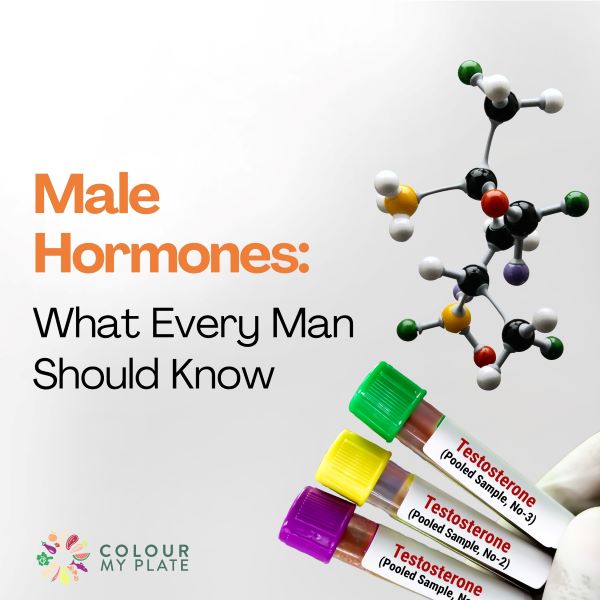
![]() 3 Sep 2024
3 Sep 2024
The conversation around hormones often centers on female hormones, but it’s equally important to discuss male hormones. Understanding how low testosterone and other hormonal changes can impact men’s health is crucial for both physical and mental well-being. By shedding light on this topic, we can promote a better understanding and encourage proactive health measures.
Testosterone, often synonymous with male health, plays a crucial role in various bodily functions, including the development of male sexual characteristics, muscle mass, bone density, and libido regulation. Beyond these well-known roles, testosterone also influences mood, energy levels, and cognitive function. Another vital hormone, Growth Hormone (GH), is essential for growth, cell repair, and metabolism. GH helps maintain tissue and muscle health, supports the immune system, and contributes to overall vitality.
As men age, they naturally experience a decline in hormone levels. Testosterone levels decrease by about 1% per year after the age of 40. This gradual decline can lead to symptoms such as reduced muscle mass, increased body fat, fatigue, and mood changes. Growth hormone levels also decline with age, affecting energy, muscle strength, and recovery times.
These hormonal changes are a normal part of aging, but they can impact quality of life. Understanding these shifts can help men take proactive steps to maintain their health and well-being.
Even though aging and natural factors can impact hormone levels, numerous steps can be taken to manage them effectively. Eating healthy foods, avoiding unhealthy ingredients and habits, staying active, and practicing stress reduction techniques not only supports physical health but also enhances mood, energy, and quality of life.

We noticed you haven't completed your delivery details.

Your message is sent